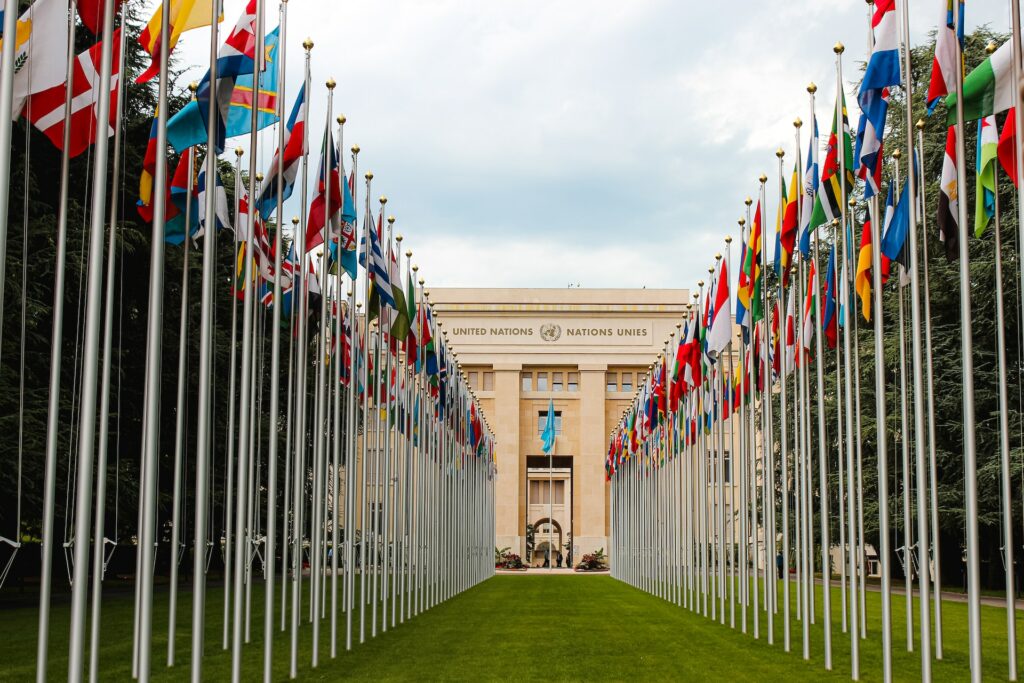
(Scypre.com) – In a historic move on Thursday, Russia, the United States, and several other nations participated in an unprecedented 24-prisoner exchange, marking the largest swap since the Cold War. President Joe Biden was actively involved in this significant operation, according to a statement from the White House.
The exchange facilitated the release of two Americans wrongfully detained in Russia—Wall Street Journal journalist Evan Gershkovich and former U.S. Marine Paul Whelan. By noon, both Gershkovich and Whelan were freed and on their way back to the United States, as confirmed by Secretary of State Antony Blinken.
National Security Adviser Jake Sullivan described the multipart deal as the result of extensive, meticulous negotiations over several months. “Some of these women and men have been unjustly held for years. All have endured unimaginable suffering and uncertainty. Today, their agony is over,” President Biden said in a statement.
In an afternoon address at the White House, Biden, surrounded by the families of the freed individuals, shared his joy over the successful exchange. He mentioned speaking with the released prisoners from the Oval Office, telling them, “Welcome, almost home.”
Biden highlighted the crucial role of international allies in securing the deal. “This deal would not have been made possible without our allies. Germany, Poland, Slovenia, Norway, and Turkey all stepped up, making bold and brave decisions,” he said. These countries not only released prisoners held in their territories but also provided logistical support for the operation.
Planes believed to be carrying the freed prisoners were spotted arriving at Ankara Airport in Turkey, according to the Associated Press.
In addition to Gershkovich and Whelan, the exchange also secured the release of Alsu Kurmasheva, a Russian-American journalist, and Vladimir Kara-Murza, a U.S. legal permanent resident. Sullivan informed reporters that President Biden was closely monitoring the situation through real-time updates from his national security team.
The negotiations were particularly challenging due to the strained relations between the U.S. and Russia, exacerbated by the ongoing conflict in Ukraine. One major obstacle was Russia’s insistence on including Vadim Krasikov, a Russian operative serving a life sentence in Germany for the assassination of a Kremlin opponent.
Sullivan acknowledged Germany’s critical role in the negotiation process, emphasizing that President Biden personally engaged with German Chancellor Olaf Scholz to secure the deal.
Gershkovich, 32, was detained by Russian authorities in March 2023 on espionage charges, which he and U.S. officials have vehemently denied. Following a swift, closed-door trial, Gershkovich was sentenced to 16 years in a high-security penal colony.
Whelan, who holds citizenship in the U.S., UK, Ireland, and Canada, was arrested in December 2018 on espionage charges while traveling in Russia. Despite denials from both the Biden and Trump administrations, Whelan was convicted in June 2020 and sentenced to 16 years in prison.
Kurmasheva was detained in 2023 for failing to register as a foreign agent, while Kara-Murza was serving a 25-year sentence for his criticism of the war in Ukraine. The exchange also included the release of a dozen German nationals held as political prisoners in Russia.
A senior administration official emphasized that President Biden was heavily involved in finalizing the deal, even on the day he announced he would not seek re-election. Despite the successful exchange, officials cautioned against expecting an improvement in U.S.-Russia relations. “This is not a breakthrough in our relationship with Russia,” the official stated, citing ongoing concerns about Russia’s actions in Ukraine and its alliances with China, North Korea, and Iran.
The U.S. handed over three prisoners as part of the exchange: Roman Seleznev, Vladislav Klyushin, and Vadim Konoshchenok. Seleznev, the son of a Russian lawmaker, was convicted of running a cyber scheme that caused $169 million in losses to U.S. businesses. Klyushin, linked to the Kremlin, was sentenced to nine years for his role in a stock market scheme based on insider information. Konoshchenok was awaiting trial for smuggling military equipment into Russia.
Additional prisoners returning to Russia included individuals from Slovenia, Norway, and Poland. Despite the historic nature of the deal, White House officials stressed that it does not signal a shift in U.S. policy towards Russia.
Observers were surprised by the Kremlin’s agreement to the exchange, given President Vladimir Putin’s potential reluctance to provide a perceived victory to the Biden administration. In December, the State Department revealed that the U.S. had proposed a substantial offer to free Gershkovich and Whelan, which Russia initially rejected.
Former President Donald Trump, currently running for the White House, had promised to secure Gershkovich’s release if he won the election. Although Gershkovich and Whelan were the only two Americans classified as wrongfully detained in Russia, at least ten other U.S. citizens are imprisoned under questionable circumstances.
One notable exception in the swap was Marc Fogel, an American teacher arrested for attempting to bring a small amount of medical marijuana into Russia. Previous U.S.-Russia prisoner exchanges include the swap of Marine veteran Trevor Reed for Russian pilot Konstantin Yaroshenko in April 2022, and the exchange of WNBA player Brittney Griner for arms dealer Viktor Bout in December 2022.